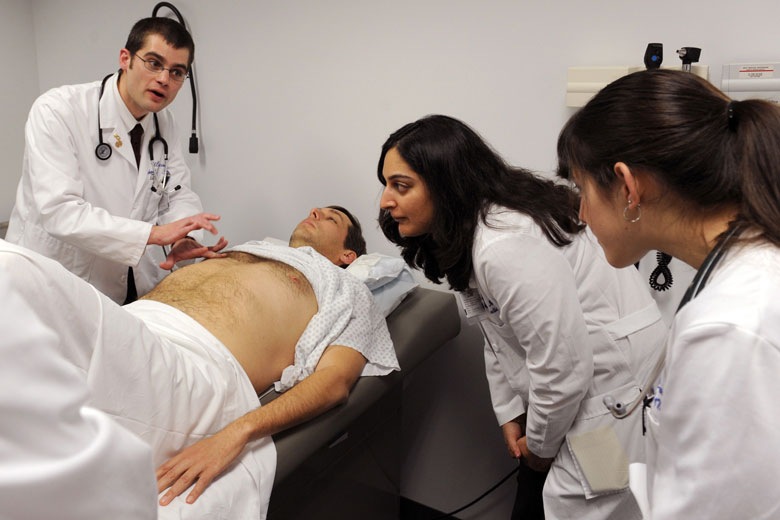Medical school instructs students on clinical knowledge, but it also places a heavy emphasis on the development of soft skills—empathy, communication, emotional intelligence, to name a few. These are essential skills for building trust with patients, effective teamwork, and managing the emotional challenges of medicine.
What are soft skills in medicine?
Soft skills of medicine include empathetic, compassionate, effective communicating, and team working. The skills are integral to patient-centered care, to work with your colleagues, and to enhance your general healthcare experience.
Why the Medical Students Require Soft Skills
1. Improved Patient-Centered Care
Empathy and compassion will ensure that the trust between the doctor and patient increases, and these patients will be valued and understood. This enhances cooperation with the treatment plan, adherence to the treatment plan, and general satisfaction.
2. Enhancing Communication
Clear communication and active listening will be required skills for communicating complex information to patients and gaining an understanding of concerns. This leads to a better diagnosis and patient outcome.
3. Teamwork
Medicine is a team sport. Good soft skills will help you communicate with your colleagues, work through conflicts, and contribute to cohesive care teams.
4. Emotional Challenges
With emotional intelligence, you will be able to manage such challenges as the breaking of bad news or handling the loss of patients while at the same time keeping yourself at an optimal state.
How to Build Soft Skills
1. Be an Active Listener
Listen to what others are saying, ask questions, and do not interrupt. It is helpful for patient care and teamwork also.
2. Patient Contact
Clinical placements or volunteer work at an early stage will help to develop communication and empathy skills with real patients.
3. Developing Resilience
Stress management techniques like meditation or physical exercise should be practiced to maintain emotional balance during medical school.
4. Seek Feedback
Ask for feedback regularly about your communication and interpersonal skills and reflect on the ways to improve your interactions with patients and your team.
Conclusion
The medical profession, no matter how technologically advanced it gets, calls for technical knowledge. It’s, however, soft skills such as empathy and effective communication combined with emotional intelligence that set one up to stand out as an exemplary doctor. Such developments much earlier in one’s practice do not only add betterment of care but improve teamwork capabilities as well.



